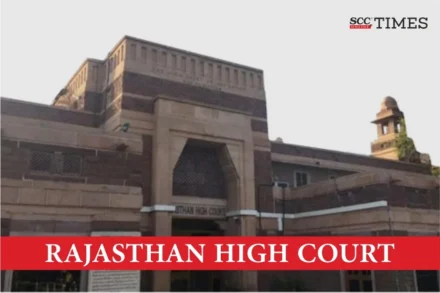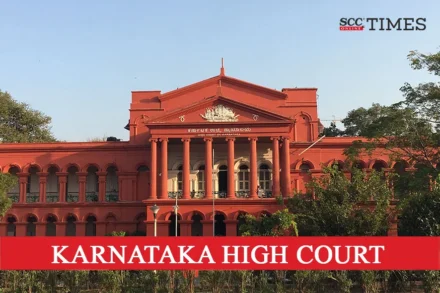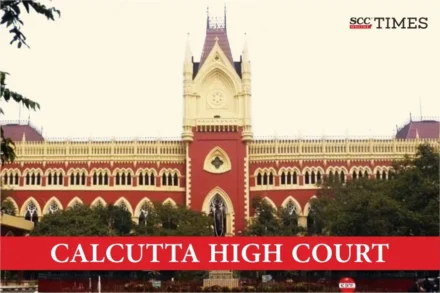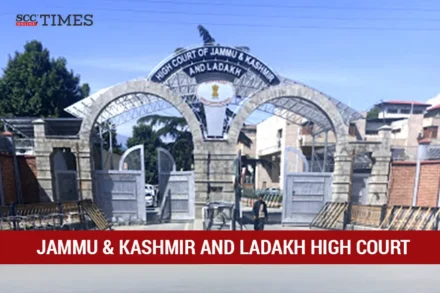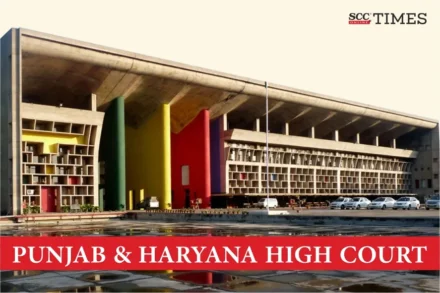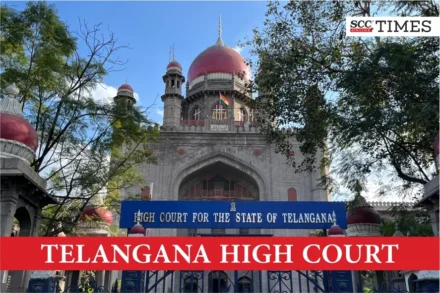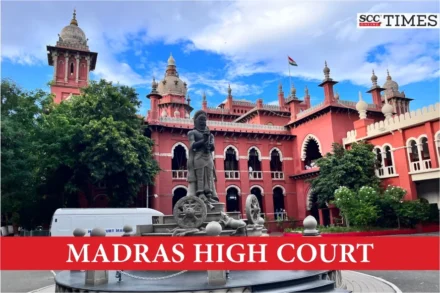
Candidate not necessarily suffering from disability set out in RPwD Act but having special needs is entitled to reasonable accommodation: Madras HC
“If the facilities required by the petitioner are denied, she will not be able to take the examination, which would lead to discrimination that is forbidden by Article 14 of the Constitution of India.”
Continue reading


